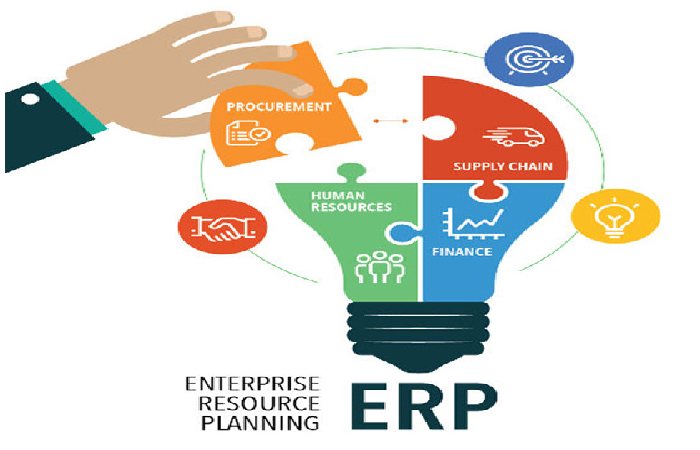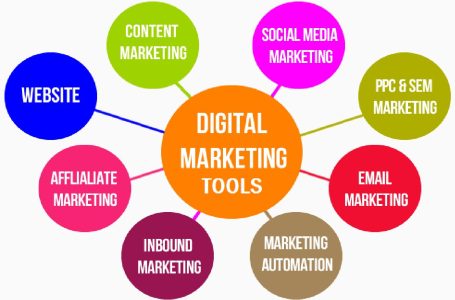Enterprise resource planning (ERP) software solutions are designed to help large businesses with multiple departments, or even multiple locations, streamline their workflows and manage day-to-day operations more efficiently. There are dozens of options out there, but none of them offer a one-size-fits-all solution. Because every business has different needs, all business owners must take the time to compare ERP solutions and what each of them has to offer before deciding which software developer to trust.
Start By Determining Needs

The best way to start the search for the right ERP solution is with a list of the organization’s needs. Get all of the stakeholders responsible for making the final decision together for a brainstorming session and have everyone focus on both current issues that need to be addressed and the business’s anticipated future needs, then compare at TEC. Some of the most frequent needs addressed by ERP software include:
- Accurate financial reporting
- Information visibility and data analysis
- Automation processes that extend across departments
- Mobile accessibility
- Improved employee productivity
Narrow Down Options
Because there are so many ERP software providers out there, it can be difficult to narrow down options. Instead of calling every software developer, try to narrow the team’s focus to the top providers in the company’s industry. Rule out any ERP solution that doesn’t address 100% of the needs defined in the earlier brainstorming sessions and actively seek out software that is flexible, customizable, and easy to use.
If ruling out companies that don’t have experience in the industry and products that don’t offer sufficient flexibility to scale up with the business doesn’t narrow the list of options down sufficiently, it can help to start looking into vendors. Finding the right vendor to help with ERP implementation and ongoing support is every bit as important as choosing the right software program. The reason it can help to put the search for software on hold. If there are too many options is that most vendors only support a handful of programs. So, choosing a vendor first can help to narrow down the list of potential ERP solutions.
Reach Out for Details
All of the online research in the world won’t give business owners and other stakeholders 100% of the information required to make a final decision. Once the team has created a shortlist of vendors and the software programs they support. it’s time to start reaching out for details. Here’s what to consider:
- Vendor viability
- Industry experience
- Functional fit
- Price points
- Ease of implementation
- Company history
It’s also important to consider the company’s current reputation. Request references and follow up on them, check online reviews and testimonials, and keep an eye out for any red flags. One bad review shouldn’t sour a business owner on a product or vendor, but many reviews that all share the same complaints can spell trouble.
Get the Search Started
ERP systems are the backbone of modern businesses, at least when it comes to enterprise-level solutions. Business owners and other stakeholders shouldn’t rush the decision about who to trust with providing either software or ongoing support. Instead, take the time to hold brainstorming sessions about the company’s needs. Research available options with a focus on industry experts. And also, reach out for information from multiple software developers or vendors to compare options. It’s worth taking the time to perform some due diligence.





